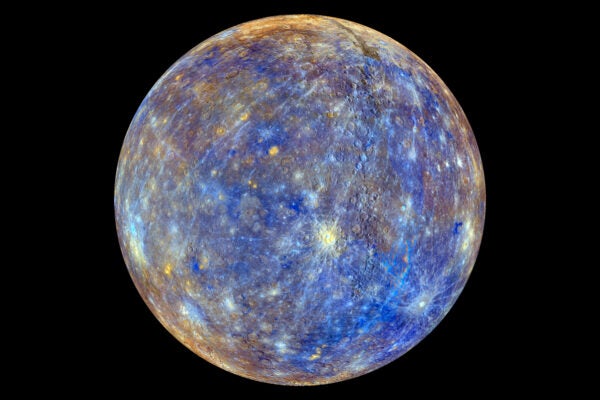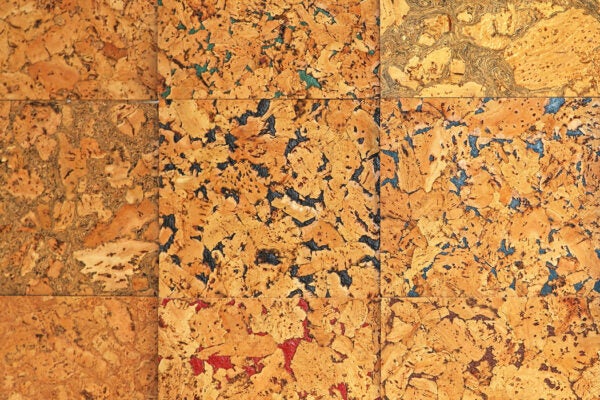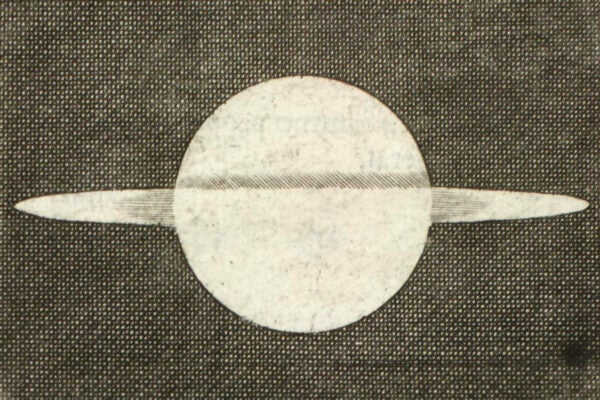The year 2018 wasn’t an easy one for the planet. Throughout the year we worried about how soon we may have to say good-bye to the Mediterranean region, what mysterious blight is killing European trees and whether a freshly calved Manhattan-sized iceberg would flood Manhattan. But there was also good news. We learned that our coastlines are recovering from the Superstorm Sandy, retired oil rigs are attracting fish, and livestock can help mitigate climate change. No doubt 2019 will bring more questions, more dilemmas, and likely more crises, but we hope that science will get us through. Here are our 10 favorite stories of 2018, as always, backed by scholarship and research to which our readers have free access.
Can Cows Help Mitigate Climate Change? Yes, They Can!
The Race to Build a Better Bee
Do We Really Need Robot Farmers?
Can Re-Clamming Our Harbors Keep Superstorms at Bay?
DNA Forensics Can End Ivory Trafficking. Will Countries Play Along?
To Battle Floods, Cities Revive Their Long-Forgotten Alleyways
Is the 30-Year-Long Styrofoam War Nearing Its End?
Is It Time to Say Good-Bye to the Mediterranean?
Fixing the Grassroots of the American Lawn
Should Manhattanites Worry About the New Manhattanish-Size Iceberg?
Can Oil Rigs Grow into Ocean Reefs?
What are your favorites? Head over to our Facebook page and let us know!

















